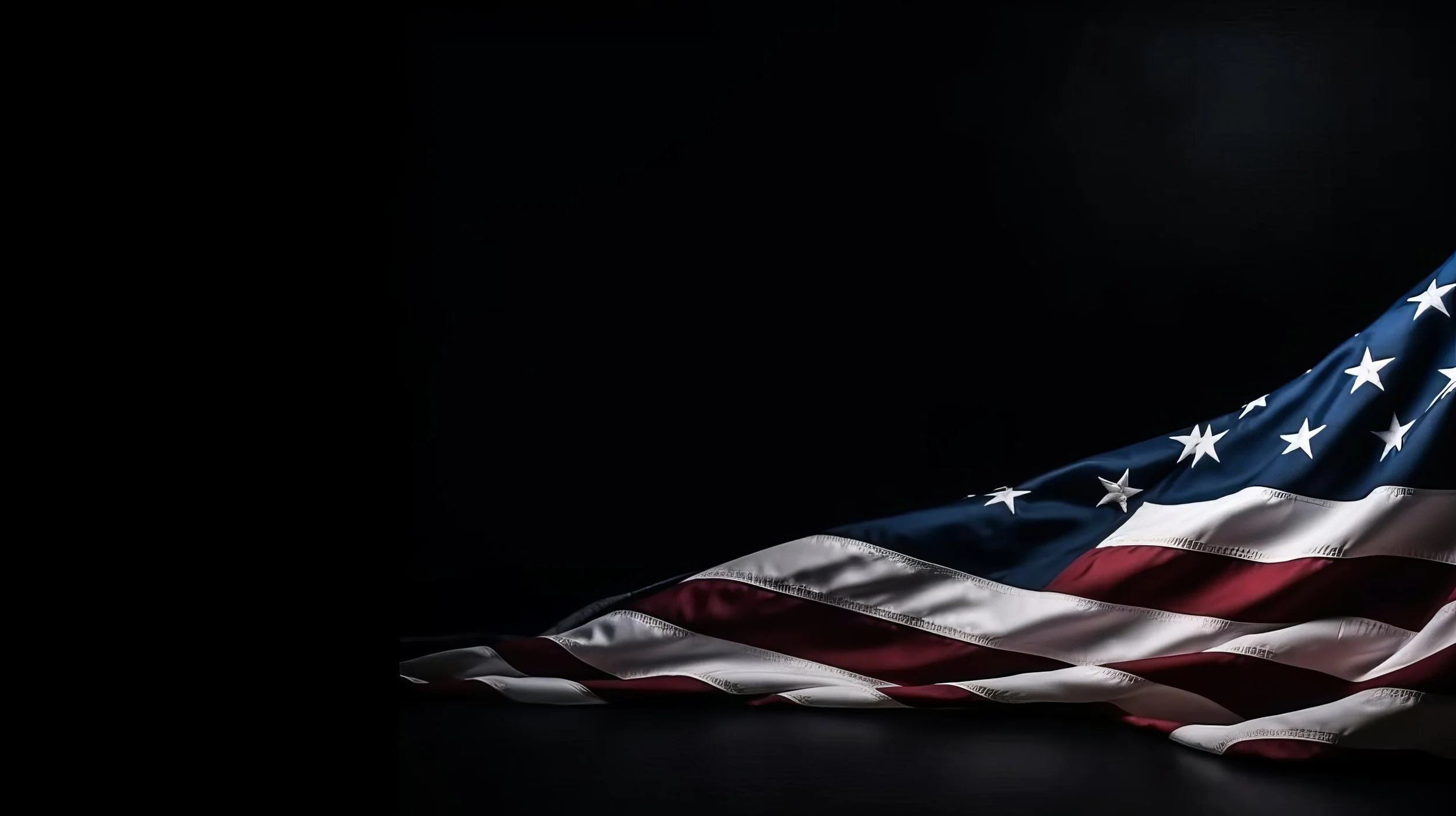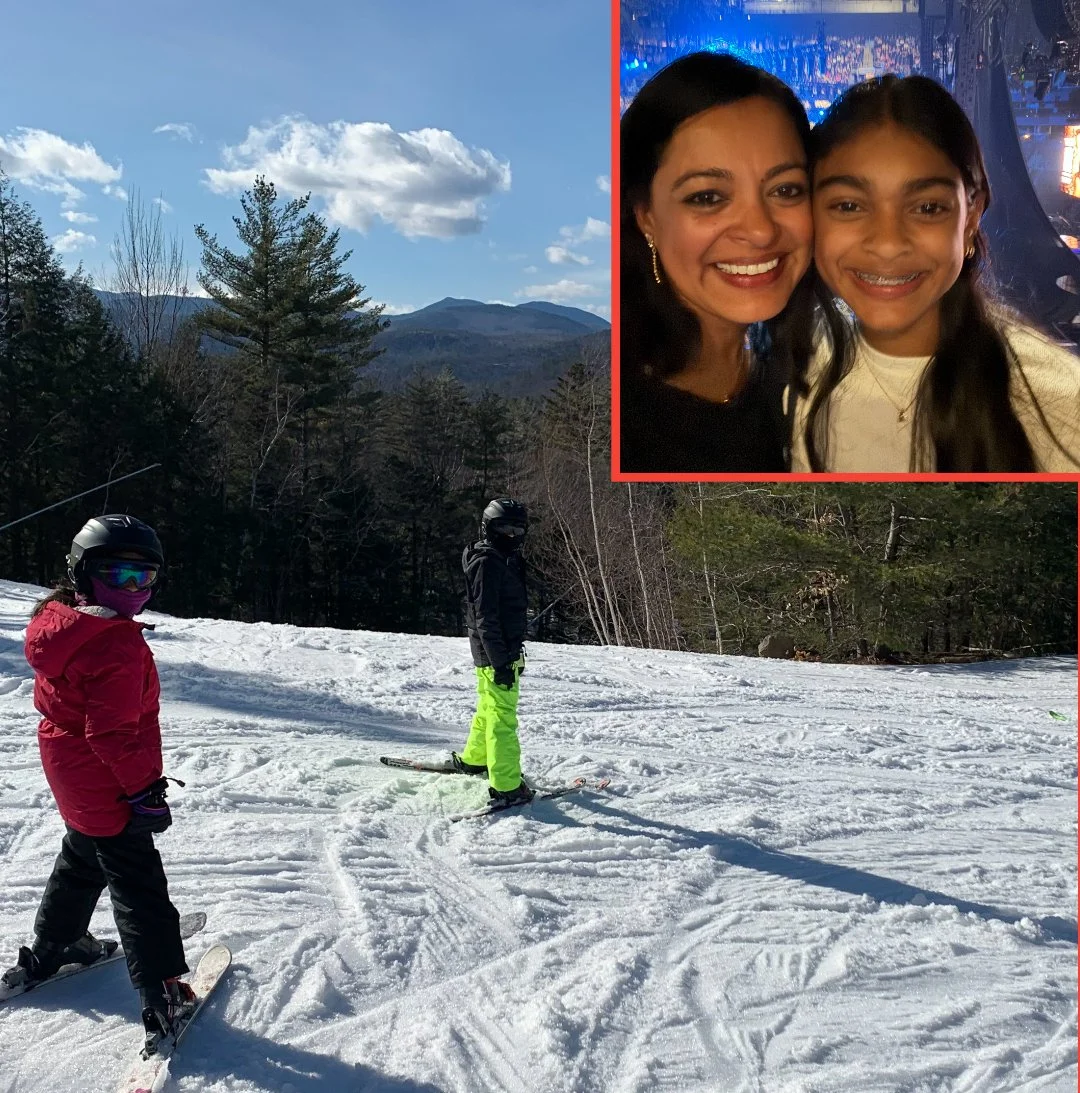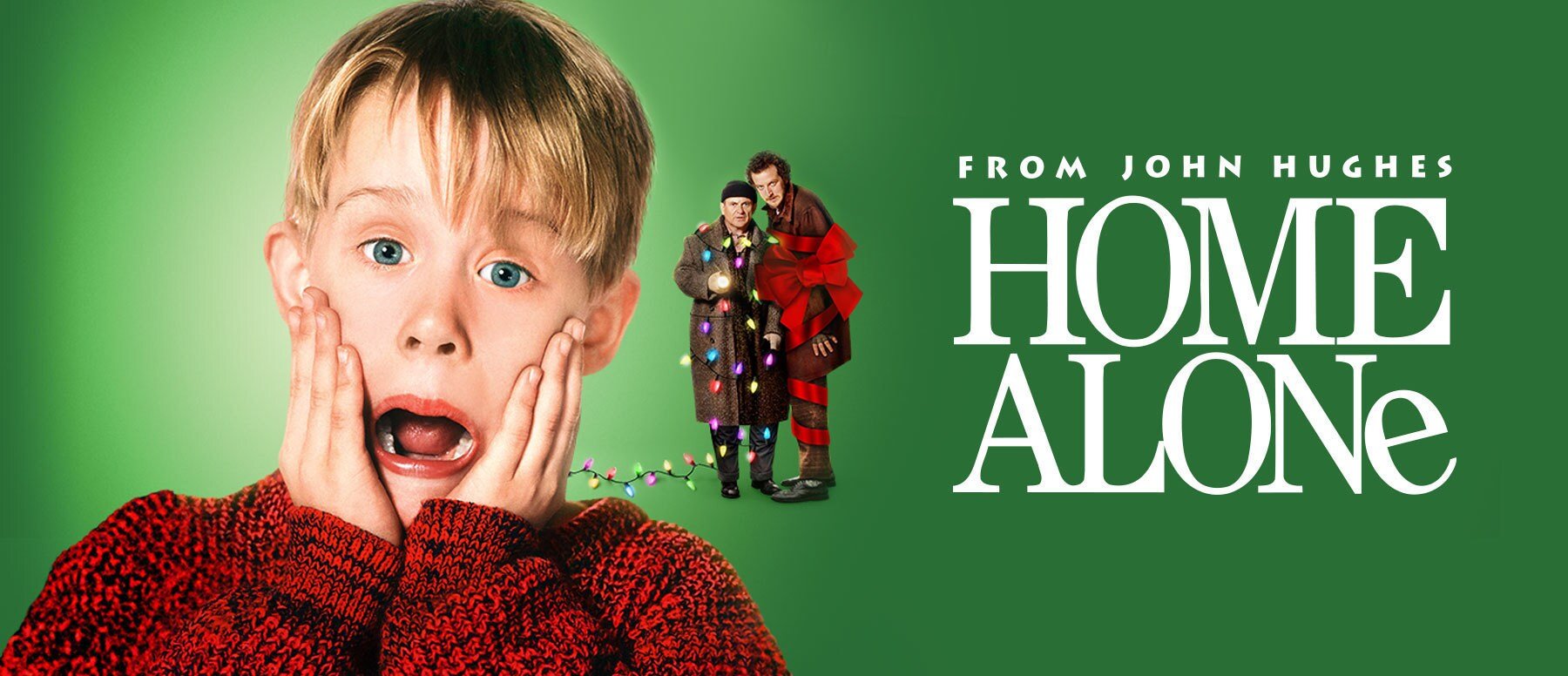Where Do We Go to Belong?
Image from Vecteezy.com
I sit here, in my warm house, with snow accumulating by the inch in Cambridge, crumbling inside about what is happening outside, in my country. Yesterday, I went down a rabbit hole watching reel after reel - scenes from brave souls protesting ICE and federal agent occupation in minus 20 degree temps in Minneapolis to tributes to the lives lost and upended with the unnecessary violence and cruel targeting. I came upon one heartbreaking video of a young Asian-American boy, crying in the backseat of his mother’s car, in a soccer uniform with a medal around his neck. In what should have been a victorious moment, this boy was crying about the taunting and bullying he faced on the field by the goalie. The goalkeeper told him that he was “an illegal immigrant” even though he was born in America, that Trump was gonna get him and send him back “to where he used to live.” The young boy, exasperated and crying says, “I was born in America. I haven’t lived anywhere else.” And I guess that’s the crux of the issue. Where do those of us, born in this country or becoming citizens through naturalization, truly belong?
I think back to when my dad came to the United States. It was 1975. His mother, my grandmother, had sold her jewelry so that my father could buy his plane ticket to make the trip across the ocean. America held so much promise and being an ever optimist, my father embraced this journey with such zeal and excitement. My father’s story is similar to many other immigrants looking to make America their new home. My father eventually sponsored his two brothers and their families. We were “all in” as a family on the American promise. For the most part, those hard days of sacrifice of leaving their families and their homes and facing covert racism in their work places and within their adopted towns and cities proved to be worth it. This past week, my brother officially received the department head’s notice that he received tenure at Johns Hopkins University. Earlier this month, I started my first stint as a General Counsel for a nationwide nonprofit. Most of us children of immigrants are success stories in our own right, accomplishing the proverbial American Dream.
And still, I look at my parents and wonder what they must be thinking now, and how much things have changed in our country. I wonder if they would still make the decision to emigrate here, knowing all that they know now. I wonder what it must feel like to still feel like you don’t belong after decades of following the laws and rules, paying both state and federal taxes and into the social security system, and contributing to their communities. During the first Trump presidency, my mother - who has been in this country since she was 17 - was told to go back to her country during her daily walk in our neighborhood that she has lived in for 45 years. My mother wears her hair in one plait and a bindi on her forehead. She is noticeably straddling two cultures and for that, after being in this country for 63 years at the time, the underlying racism she had endured here finally became overt. It finally became acceptable to say the unacceptable to immigrants like my mother and apparently, to the little boy in the reel.
Lately, I’ve been thinking about what being American really means. About whether we, as children of immigrants and immigrants, will ever truly feel like we belong. Will my children feel like they belong? Will my grandchildren ever be accepted? Perhaps that feeling I had as a child of trying to fit in was always going to be futile in a system that was never going to accept us. Perhaps the most painful question of all for my parents and any immigrant is whether achieving the American Dream is worth it if it comes without true acceptance. And I think to that little boy, who could have been any one of our children, crying in the backseat of his mother’s car, asking the most basic of questions: what does it take to actually belong? Because today, as I sit in my warm house, I honestly do not know. And I grieve for my parents and all immigrants about that loss of a promise of something as great, as wonderful, as what was the American Dream.


















